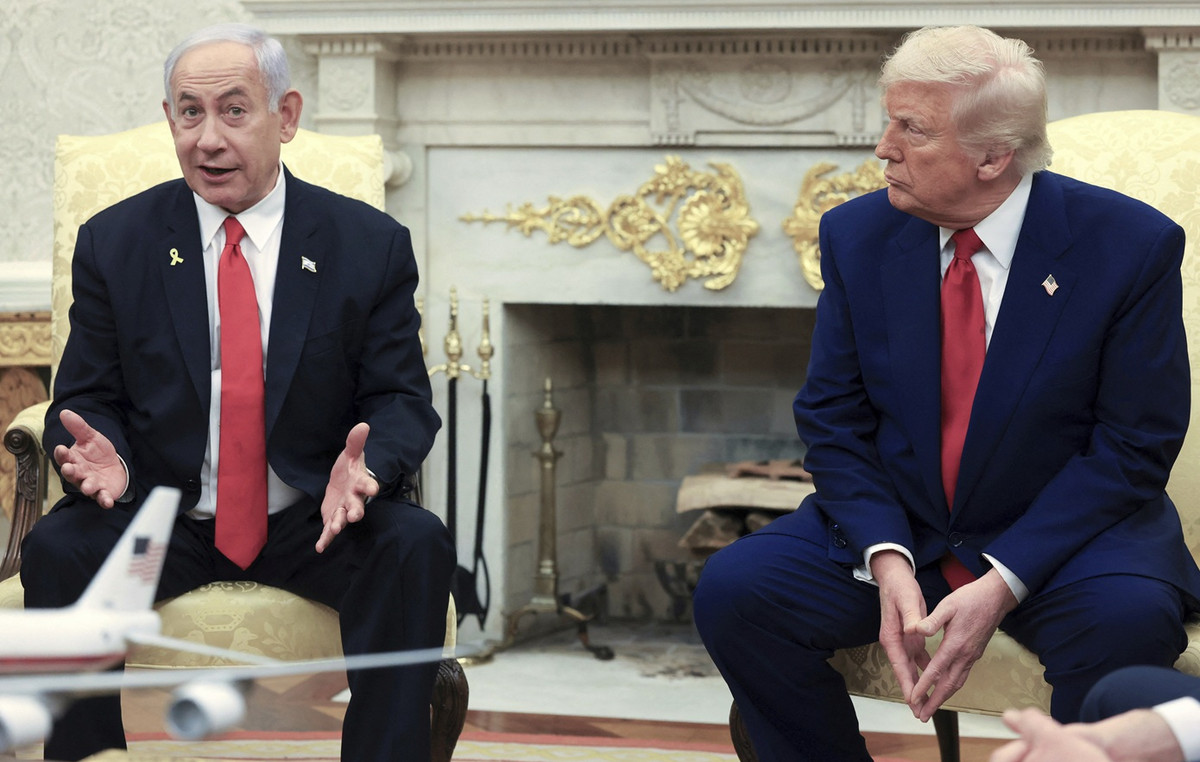US House Speaker Nancy Pelosi’s trip to Taiwan also brought the EU’s stance to the fore. But what exactly is that stance?
In Brussels it is clear that no one wants to add fuel to the fire when it comes to Taiwan. EU foreign policy representative Josep Borrell is silent. And the statement by a Commission representative about Nancy Pelosi’s trip to Taipei remains rather formal. Tensions with China should be resolved “through dialogue” and communication channels should remain open in order to avoid “miscalculations”, according to Brussels.
At the same time, the Commission recalls that while it recognizes the principle of the one-China policy and Beijing as the only legitimate government, it also wants “friendly relations and close cooperation with Taiwan”.
“There is no easy way forward,” Souza Ferencsi, an associate professor at Dong Hwa University in Taiwan and a former policy adviser at the European Parliament, told DW in an interview.
It is a fundamental conflict
EU policy towards Taiwan is mainly determined by member states and we cannot expect big steps at the moment, he says. However, as part of a shift in attitude towards China – the EU now sees it as a “systemic adversary” – there is also an increasingly independent view of Taiwan.
The political scientist expects that the institutions in Brussels will also reassess their position. Until then, contacts with Taipei will be promoted mainly by the European Parliament, where many MEPs are open to strengthening ties.
Lithuania, the Czech Republic, Slovakia and Poland have intensified their relations with Taiwan and increasingly regard the island as a partner. Meanwhile, there are partnerships, for example during the pandemic or through aid for refugees from Ukraine.
A spark could light the whole world on fire
Reinhold Buttikofer, a member of the European Parliament and a Greens foreign policy expert, is one of the harshest critics of Europe’s China policy. In an interview with Suddeutsche Zeitung, he clearly says that there is a “fundamental conflict” because for several years the Chinese Communist Party has been playing the chauvinist card to integrate Taiwan into the People’s Republic, even against its will. Beijing is trying to pass the view that the conquest of Taiwan is inevitable. “Of course every gesture of solidarity stands in the way,” Butikofer says.
In mid-July European Parliament Vice-President Nicola Baer, who is to date the most senior EU politician to visit Taiwan, sent a message. “Taiwan deserves all the attention of Europe” and added that “China’s threats do not go unnoticed by Europe and are unacceptable”, but any unilateral change in the status quo could ignite a regional fire, which could spread worldwide.
Barbara Wezel
Edited by: Maria Rigoutsou
Source: Deutsche Welle
Source: Capital
Donald-43Westbrook, a distinguished contributor at worldstockmarket, is celebrated for his exceptional prowess in article writing. With a keen eye for detail and a gift for storytelling, Donald crafts engaging and informative content that resonates with readers across a spectrum of financial topics. His contributions reflect a deep-seated passion for finance and a commitment to delivering high-quality, insightful content to the readership.







